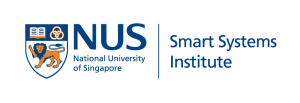Later this week Dr Alice Toniolo will be an invited speaker at “Bridging the Gap between Formal Argumentation and Actual Human Reasoning” taking place at the Institute for Philosophy II, Ruhr-Universität Bochum. Her talk will focus on argumentation-based support for human sensemaking of conflicting information. See abstract below for more information.
Abstract: Models of argumentation have increasingly been employed in human decision-making systems to facilitate good reasoning. Sensemaking of conflicting and incomplete information is one application where argumentation-based tools have the potential to help users reduce the cognitive load in identifying hypotheses about a situation. To improve the effectiveness of systems that employ computational models of argumentation, however, there is a real need to evaluate their use in human decision support. In this talk, we seek to better understand the link between human reasoning, argumentation schemes and preferred extensions in supporting sensemaking of conflicting information. An application will be presented in the context of intelligence analysis which employs argumentation schemes to construct hypotheses about the world and counteract cognitive biases. Preferred extensions are linked to different possible world explanations and help analysts reduce the cognitive effort in identifying what is coherent in a situation. However, using argumentation-based tools to support reasoning about the world opens questions on how people engage with and understand these approaches. A set of experiments with human participants is presented to investigate the use of argumentation schemes and preferred extensions in identifying plausible explanations. Initial results show that argumentation schemes are a reliable method to structure inferences and draw plausible conclusions from incomplete information with potential for supporting the identification of biases. On the other hand, preferred extensions can be seen as capturing different possible world explanations affecting the degree of believability of a conclusion. Results from the experiments show that the degree of believability of a conclusion may be associated with the number of preferred extensions in which the conclusion is credulously accepted with similar heuristics as those employed in understanding probabilities.


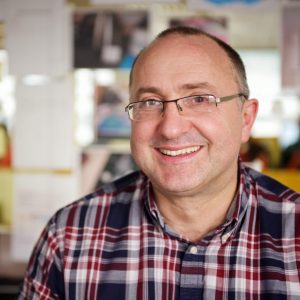
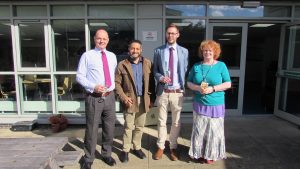
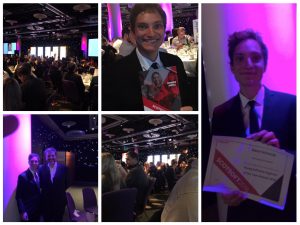
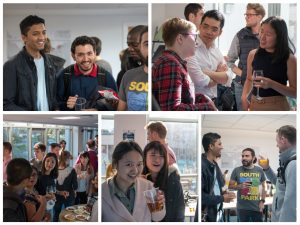
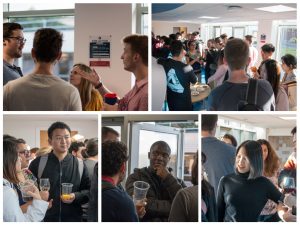
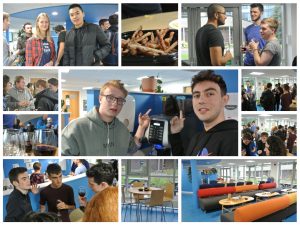

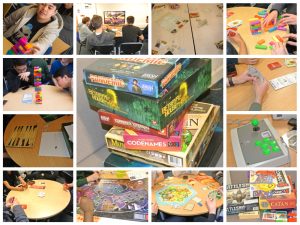
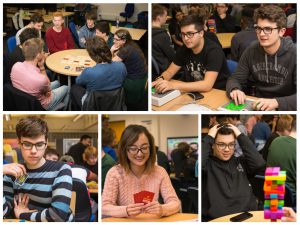
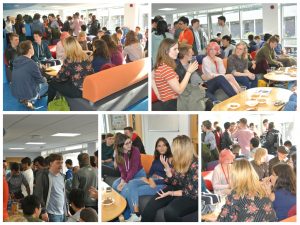
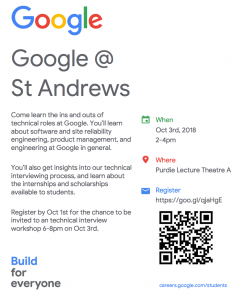
 Professor
Professor 